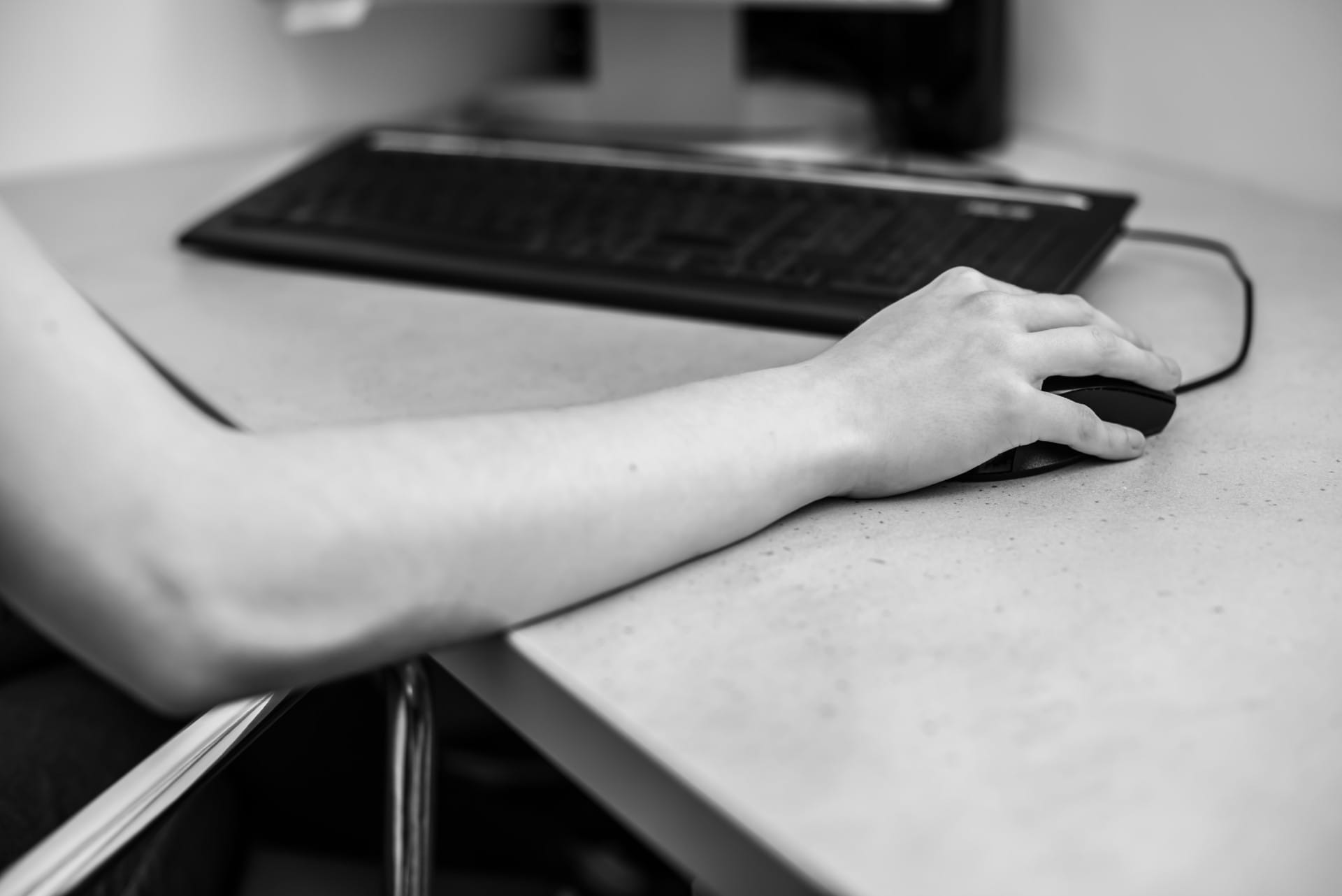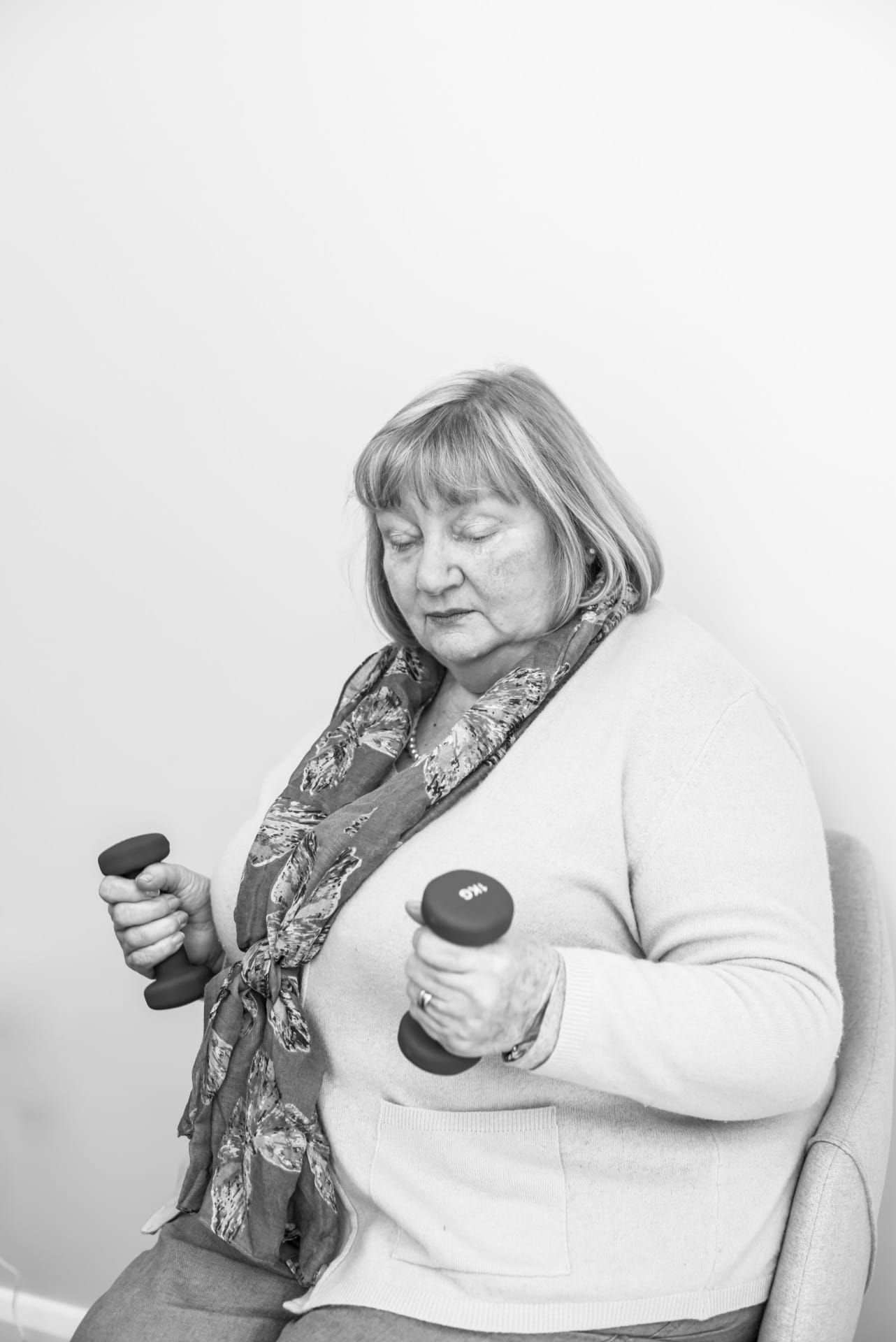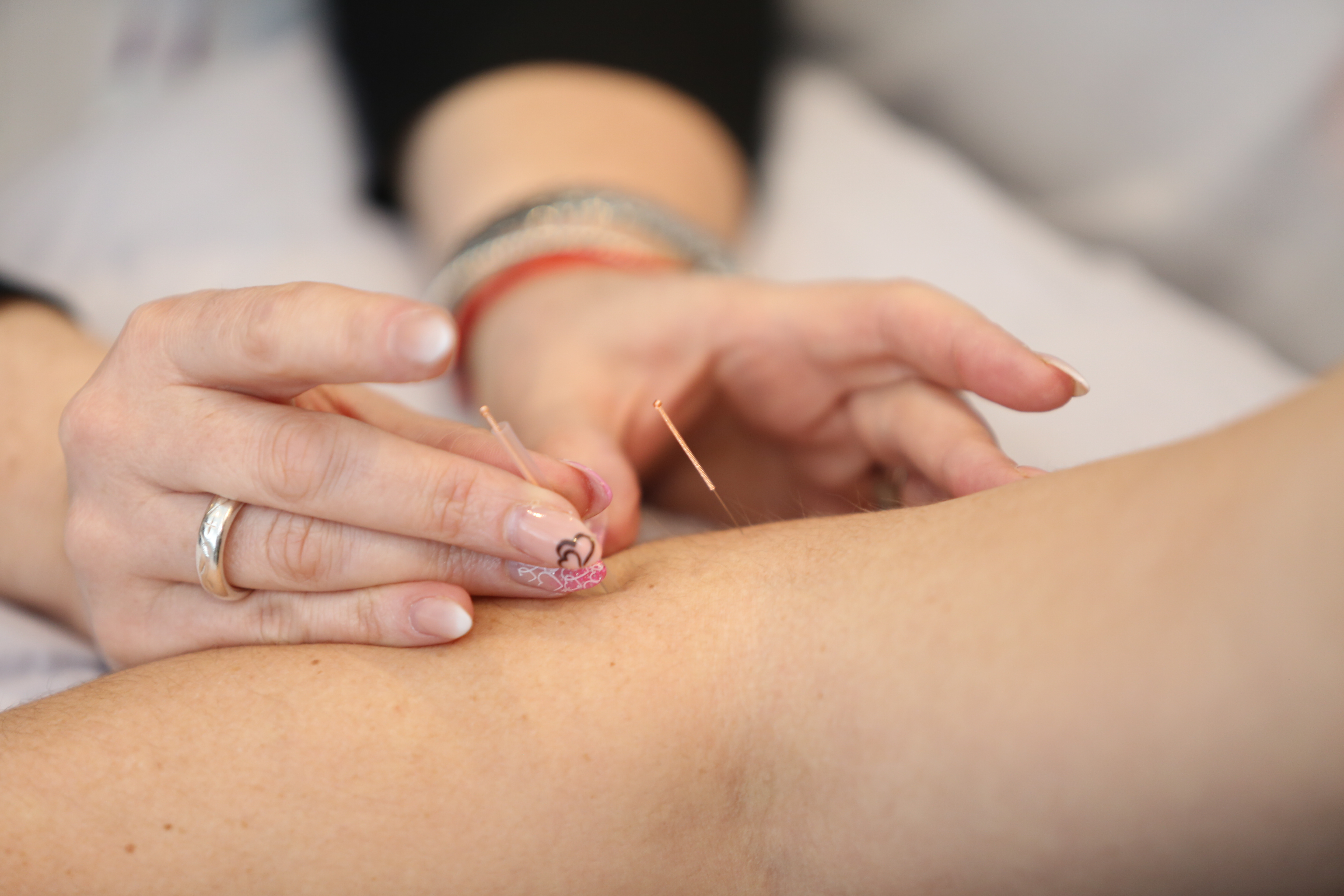Pain experienced in the elbow, wrist and hand can be caused by one of two things: problems arising in the neck, or the upper back, which refer pain downwards, giving the impression of a localised problem; or pain which is due to an actual injury to the forearm or hand. Either way, the skill of the physiotherapist lies in their ability to identify which is the case, using specific tests and questions, and to formulate an appropriate treatment plan.
Below we have listed some of the elbow, wrist and hand problems we typically treat but our physiotherapists are trained in the treatment of all musculoskeletal conditions that affect this part of the body. For information about how we treat neck conditions please visit our ‘Head & Neck Injuries’ page, as pain that has spread from the neck and down the arm often responds to a similar approach as pain that remains in the neck alone.
TENNIS ELBOW – This condition involves an irritation of the tendons that insert into the bone at the outside of the elbow and takes its name from the fact that these tendons (and their connected muscles) are the ones that are typically worked hard by the action of striking a ball with a tennis racquet. However, many other day-to-day work and leisure activities may trigger the condition. Common symptoms include pain at the outside of the elbow, often spreading into the upper forearm on the same side, and made worse by gripping actions and activities that involve extending the wrist (bending it backwards/upwards).
GOLFER’S ELBOW – This condition is similar in nature to tennis elbow but affects the structures on the inside of the elbow (those often placed under stress when striking a golf ball). Treatment approaches are also similar for the two conditions, involving rest, ice, mobilisations, stretching, strapping, and movement re-education, in varying degrees, dependent on the exact presentation. The application of ultrasound and acupuncture may be appropriate in certain circumstances.
CARPAL TUNNEL SYNDROME – This is a condition which tends to affect people over about 40 years of age, and women more often than men. It is caused by the median nerve (one of the three main nerves that travel down the arm) becoming compressed where it passes through the wrist. The result is numbness, pins and needles and burning pain (in the index, middle and ring fingers, and the inside half of the little finger) which becomes worse with repeated or prolonged wrist flexion. The first aim of treatment is to protect the nerve from further irritation so that symptoms can settle, before investigating which of many possible factors is causing the compression. In some cases surgery may be recommended.
SPRAINS & STRAINS – As with all parts of the body, the joints, ligaments, muscles and tendons of the elbow, wrist and hand may become stiff, damaged or inflamed. Our physiotherapists are skilled in identifying which structures have been affected and in what way. Through joint and soft tissue manipulation and individually targeted exercises and self-care advice we can ensure you recover as quickly and as completely as possible.
FRACTURES – Although physiotherapists cannot treat fractures (all fractures need to be immobilised and rested) we are skilled in diagnosing them and will be able to advise you if we think you have suffered one.



REPETITIVE STRAIN INJURY (WORK-RELATED UPPER LIMB DISORDER) – This condition is believed to be related to repetitive, prolonged and high-intensity movements, such as are often performed in working environments – with symptoms that include pain, tenderness, tingling, weakness and stiffness. As ever, prevention is always better than cure, and if modifications to a work activity can be put into place which prevent symptoms from developing/worsening then this option should be explored. Treatments which have been shown to help include: splinting, taking anti-inflammatory painkillers, stretching, strengthening exercises and postural exercises, as well as work station modifications.
Book an appointment with us now
To book an appointment with one of our experienced physiotherapists for help with your elbow, wrist or hand injury
